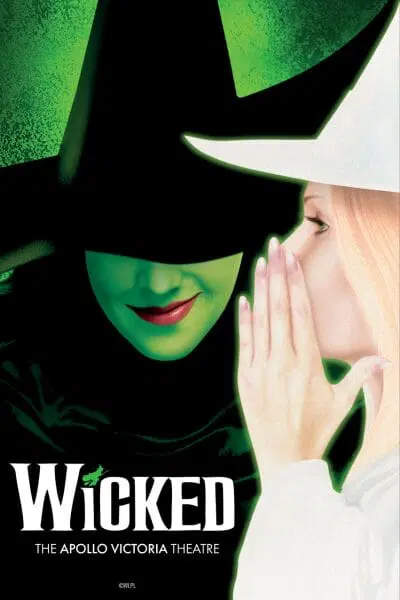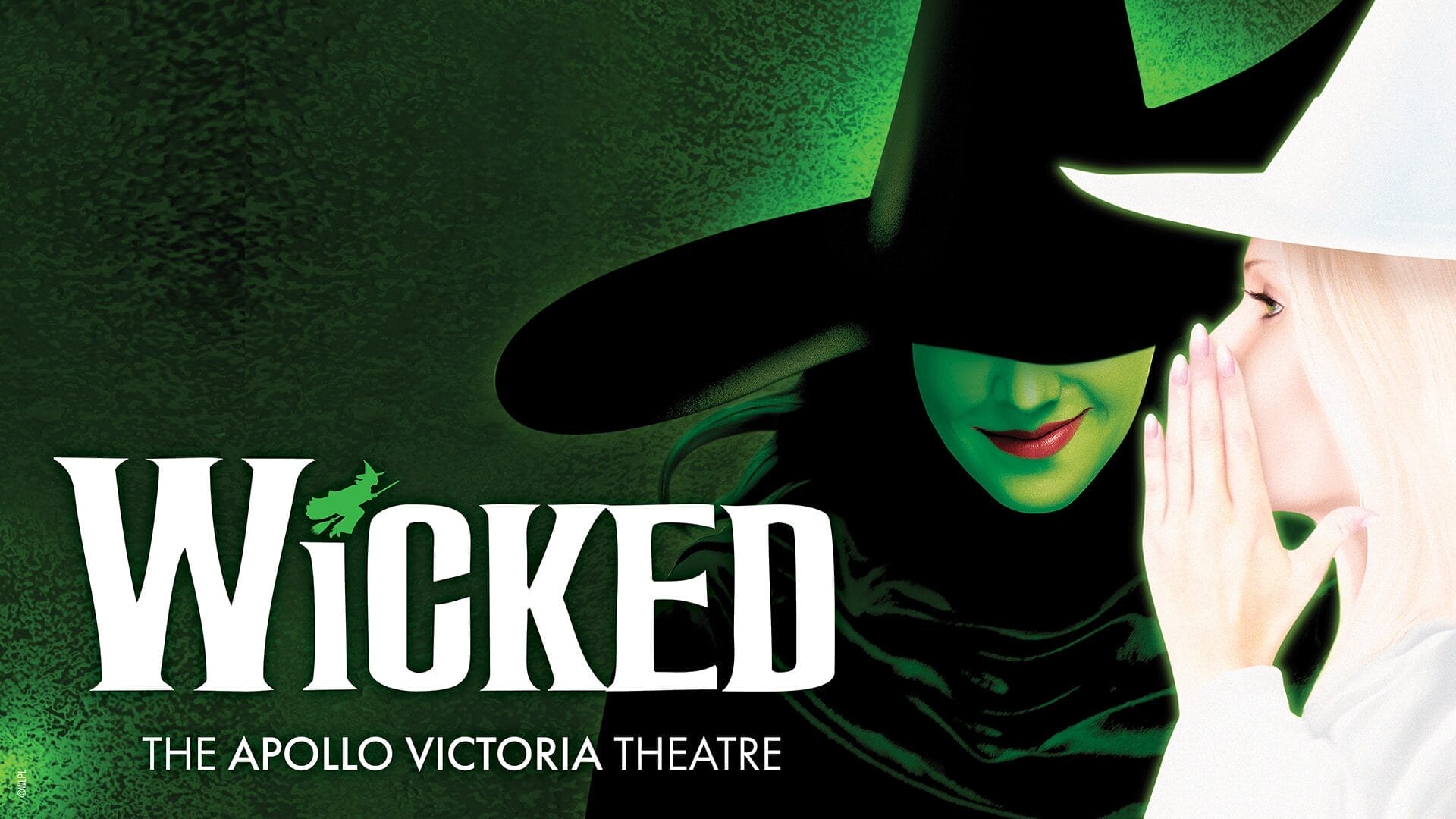 Sheer, sharp white coldness. Combined with Natasha Chivers’s austere light, Hildegard Bechtler’s design of Oedipus’s campaign HQ – doubling as his rented home – easily reminds you of a therapist’s office with its three revolving back doors.
Sheer, sharp white coldness. Combined with Natasha Chivers’s austere light, Hildegard Bechtler’s design of Oedipus’s campaign HQ – doubling as his rented home – easily reminds you of a therapist’s office with its three revolving back doors.
Who says theatre isn’t a therapy room itself? All hail Sigmund Freud, who immortalises the story of Oedipus, not merely as literature, but as an indispensable model for our modern society. As Professor Simon Goldhill notes in the programme preface, Robert Icke’s Oedipus is absolutely modern in that sense.
Celebrating his electoral victory in advance, our modern politician Oedipus (Mark Strong) enjoys his one night off with his family, right after announcing his intent to release his birth certificate and launch an investigation into Laius’s death, projected on the curtain as a media conference. Creon (Michael Gould), his running mate and brother-in-law, condemns him for “not consulting his team” beforehand.
Having watched Robert Icke’s other productions, I remain unconvinced by Icke’s persistent choice to cast ancient royal families as modern politicians, presenting them in media conferences. While I understand the intent – to expose the performative rhetoric of politicians and the deceptive nature of the media – it often feels overstretched.
Icke transforms Sophocles’s ancient tragedy into a modern domestic psychological drama. In this production, we witness a familial reunion where Polyneices (James Wilbraham) comes out, Antigone (Phia Saban) is portrayed as a typical rebellious teenager, and the inevitable in-law tension plays out between Jocasta (Lesley Manville) and Merope (June Watson). There’s a textbook example of Chekhov’s gun foreshadowing Jocasta’s suicide, while a red countdown clock, which at first seems to mark Oedipus’s electoral victory, instead ruthlessly counts down to declare the (not-so-) shocking truth of his life’s secret.
Icke slyly picks up the motif of “know thyself” from Sophocles’s original text, attempting to illustrate Oedipus’s blind pursuit of truth-seeking and self-knowing. When it is stifled with too many modern psychological dramas, such pursuit suddenly falls out of context. In Icke’s tightened dialogues, Oedipus repeatedly emphasises “I know who I am”, almost in a neurotic manner. You can’t help but ask: why is he so hysterical and obsessive? What propels him? His persistence seems to arise from nowhere. Sophocles doesn’t need to answer these questions because Oedipus’s blind pursuit is his hamartia, but here, his drive feels disconnected.
Such disconnection renders the final revelation trivial. Oedipus’s fatal, erroneous judgement now seems indistinguishable from other factors leading to a broken family: cheating, domestic violence, unemployment, and addiction. Even if there is a distinction, it’s just a matter of degree, not nature. As both Merope and Jocasta are richly fleshed out by Icke’s writing and the performances of Manville and Watson, intentionally separating Oedipus’s mother and wife as two different figures, Icke’s Oedipus in a way feels least Oedipean.
Icke does preserve some “pity and fear” in the last scene. Contrasting with Merope as mother, who seems to love Oedipus for his hats and positions, Jocasta, as wife, loves him for whoever he is.
Strong and Manville share great chemistry in portraying the middle-aged couple truly in love, but doomed to part. Their final intimacy is frantic yet heartbreaking—frenzied, woeful kisses and ferocious, desperate sex, with Manville gradually taking the dominant position. The scene feels both sublime and sensational. By viscerally expressing the deepest despair and most fervent, flaming emotions, Icke reveals his own remedy: love.

















